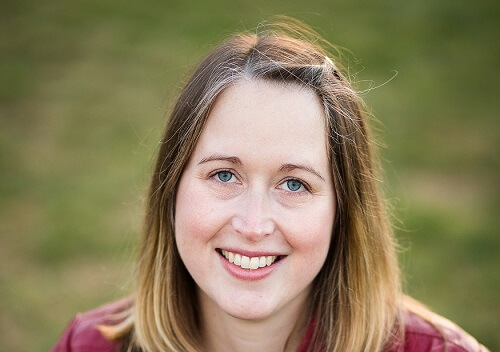
The relationship between AI and talent attraction is fraught with potential pitfalls

The relationship between AI and talent attraction is fraught with potential pitfalls and overlooked data. The AI space in HR is full to the brim, right now, as more and more employers fight for dominance in the emerging market.
But how well do we really know how to implement AI into our HR strategy? And just how far can we trust old data to predict future hires?
“We’re seeing a lot of new AI providers entering the space, because there’s a realization that we can be doing things better,” she explained. “There’s more demand for increased efficiency, as well as using data to make better overall decisions.
“However, AI is only as good as the data it collects. So, if you have terrible data going into the process, you’re going to end up with misleading predictions coming out.”
MacGregor explained how AI looks at past patterns and analyses the decisions, before speeding up the process. However, the entire process is made redundant if the patterns originally used weren’t reliable in the first place.
“If they weren’t then it makes us all vulnerable to the same past mistakes,” added MacGregor.
“Companies tend to believe they’re great at finding the right talent to bring into the company, and that by adding AI into the mix it’ll just make the whole process a lot faster. The reality is, for the last 70 years the data we’ve been using to evaluate candidates has come down to skills and knowledge, i.e. past jobs and education. There’s a lot of new studies that’ve shown where someone went to school isn’t a great predictor of how well they’ll fit the role.”
That’s where Industrial Organizational Phycologists come in. IO Phycologists can help organizations make better decisions with the data they have. MacGregor believes that AI will be the most powerful when we automate the expertise that already exist within an industry.
“We can’t just rely on past behaviour and past ways of hiring,” she told us. “In fact, employers really need to embrace whole new approach; a hybrid approach where we take the expertise of the past and combining it with this new technology.
“We know, based on IO phycology, skills and knowledge are very poor predictors of job performance. We’ve developed an assessment that evaluates a person’s talent, i.e. innovation, team work, leadership. We’ve got a standard way of measuring these talents across the board, so candidates can be benchmarked by their own talents.”